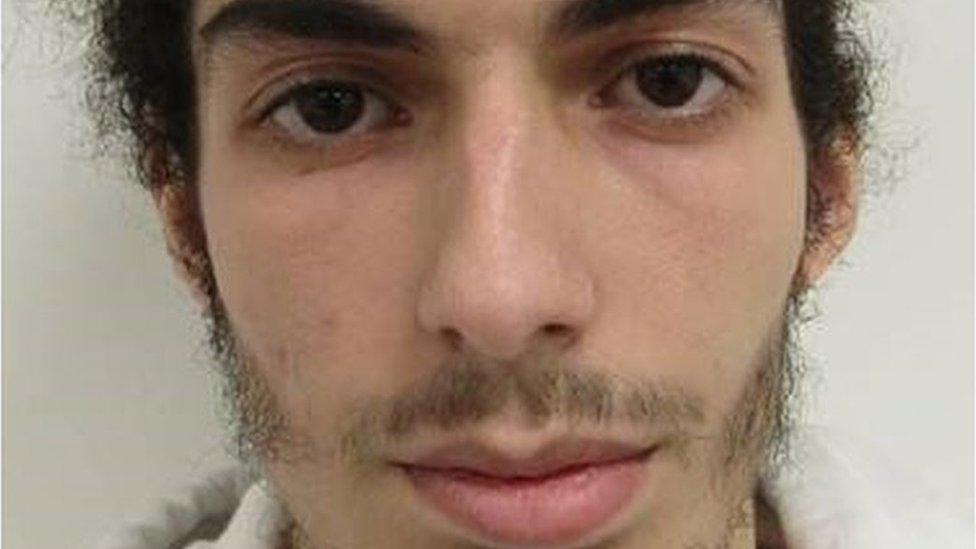Covid-19 causing drop in South West radicalisation referrals
- Published
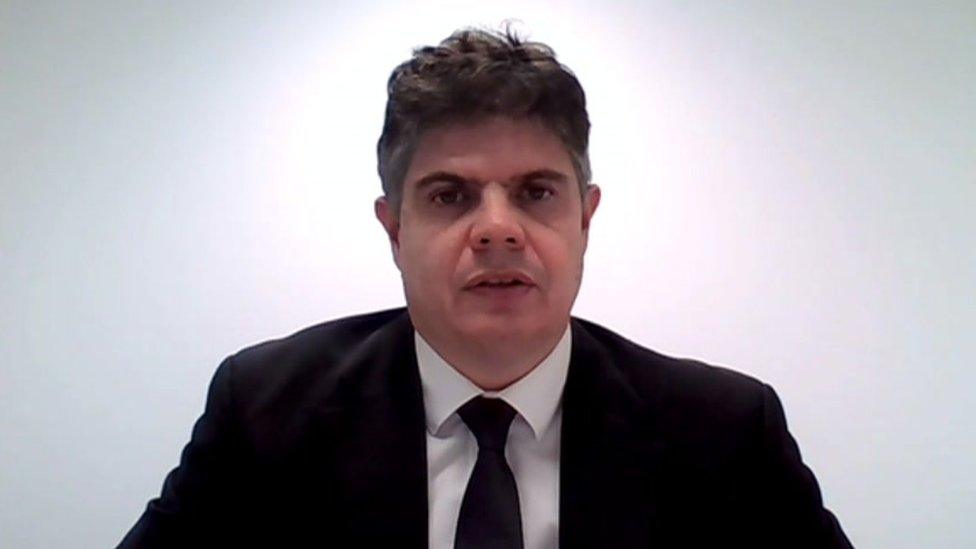
Det Ch Insp Alistair Stenner said referrals are anonymous and helped "divert people from making bad decisions at an early point"
Counter-terrorism police say Covid-19 could be behind a fall in referrals from people worried about friends or family members becoming radicalised.
They are concerned that people vulnerable to radicalisation are spending more time online at home.
But due to people not mixing with friends, at school or in workplaces as regularly, reports are not being made.
Det Ch Insp Alistair Stenner said the virus was behind a 64% drop in referrals in the South West of England.
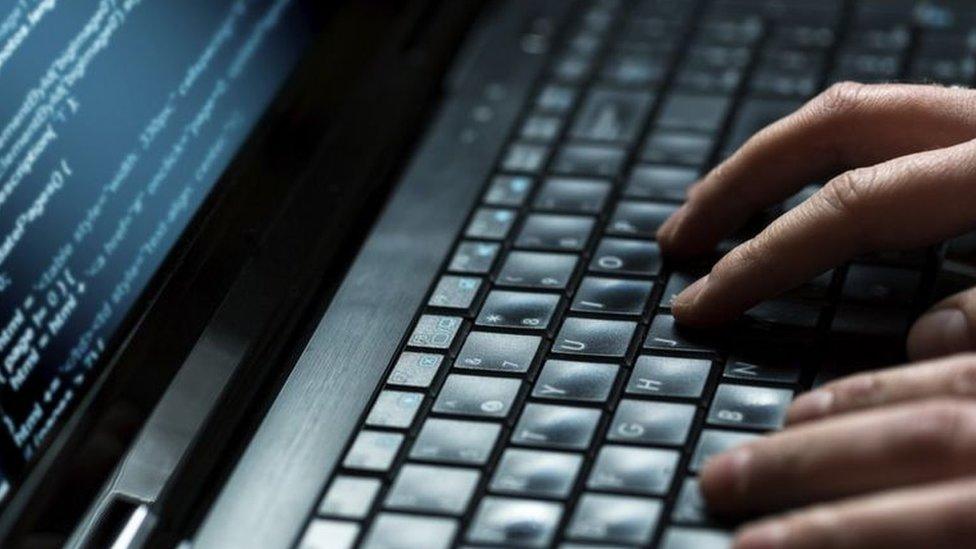
Last year, 12 children under the age of 18 were arrested in relation to terrorism offences, some as young as 14, said Counter Terrorism Policing
"We're really worried about the impact of Covid and young and vulnerable people spending more time online," said Det Ch Insp Stenner, of Counter Terrorism Policing South West.
"It's difficult to know who they are talking to, what they are looking at and what impact this is having on them and their outlook on the world.
"From 1 January to the middle of November there was a 64% reduction in referrals in comparison to the same period last year and whilst there may be a number of reasons for that, I actually believe the main one is Covid," he said.
He said that social distancing measures meant people were not mixing in society the way they would before the pandemic, making changes in behaviour or extremist views harder to spot.
"People aren't picking up the phone and reporting things to us. We think that's because there is less mixing between people, individuals are spending less time with friends, at school and in the workplace, so they become more insular."
He cited the case of Bristol man Andrew Ibrahim, who was jailed for plotting to blow up a city shopping centre, as an example of how important it was to report concerns early.
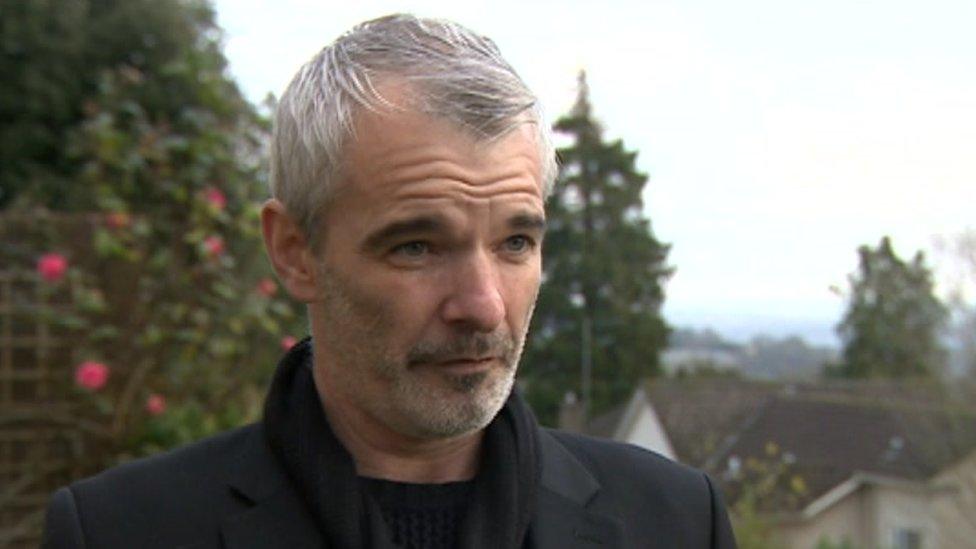
Prof Brad Evans said there needed to more open conversations with young people to steer them away from violence
Brad Evans, professor of political violence and aesthetics at the University of Bath, said radicalisation was a "very complex" problem but poverty and education played large roles.
"We need to ask why these children with anger inside them feel they an only direct that anger through violence. There are also wider issues, particularly the use of technology in society and how they engage with technology in a world that looks increasingly divisive.
"We could have a generation of young children growing up who are being radicalised and believe that violence is the way to solve problems and that's deeply troubling."
A new website and advice line, ACT Early, external has been launched to encourage people to report concerns.
- Published18 January 2011
- Published24 November 2020

- Published19 December 2018
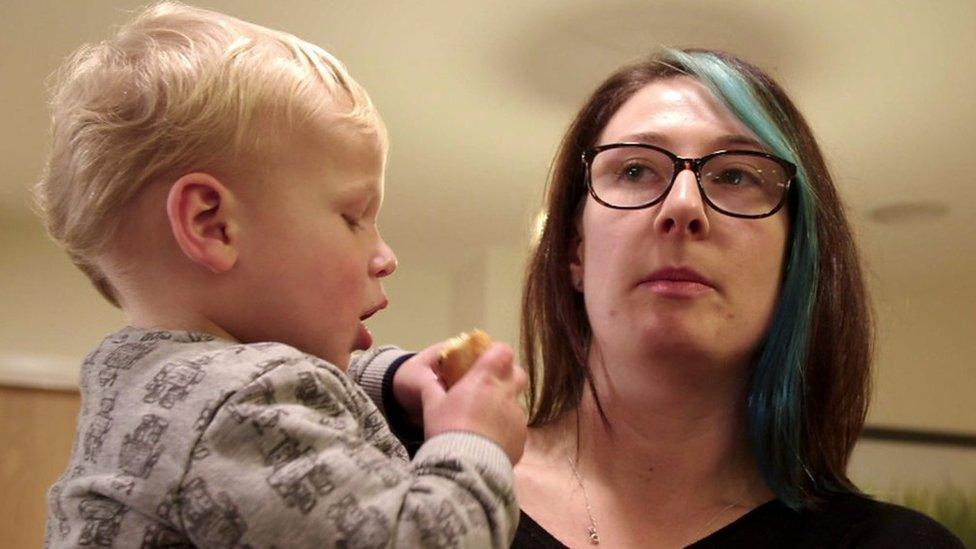
- Published23 November 2020
